Get to know
What is smart SECURITY, how to implement it correctly, and what are the common mistakes?
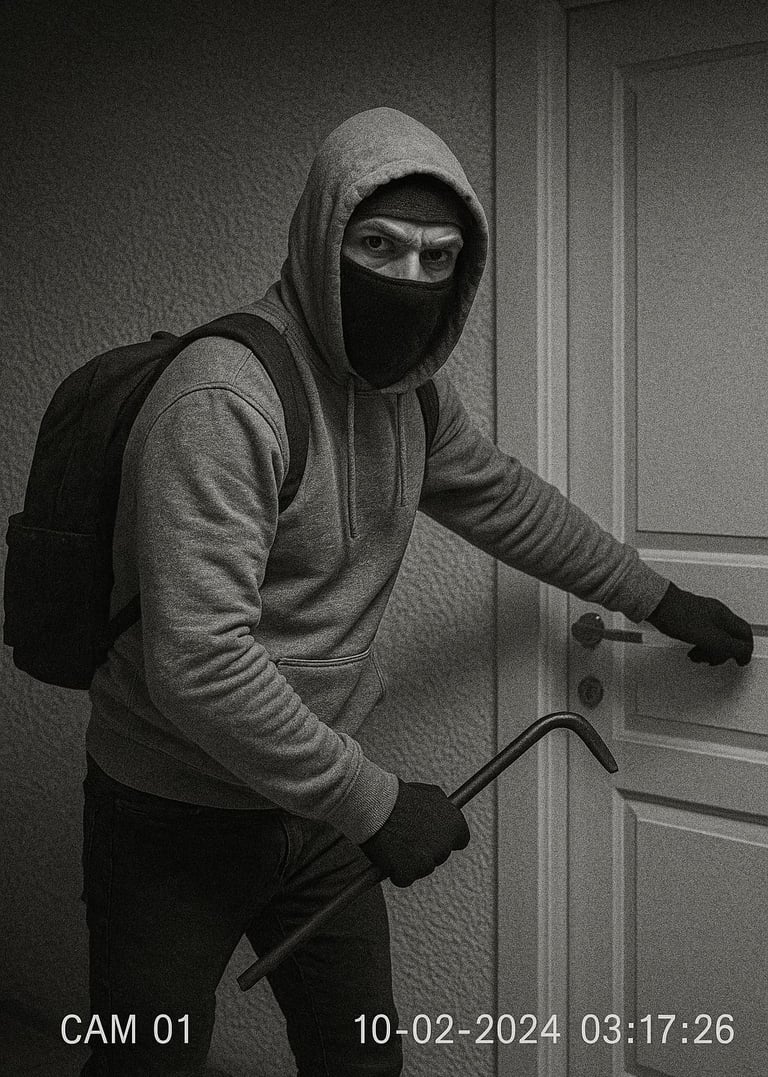

Why is all this important?
Protecting the building does not stop at cameras only, but we need a security system because cameras only record but are not capable of deterrence, issuing alarms, and making alerts.
The components of this system start from:
Surveillance cameras
Smart Security System
Strong internet capable of receiving and sending signals
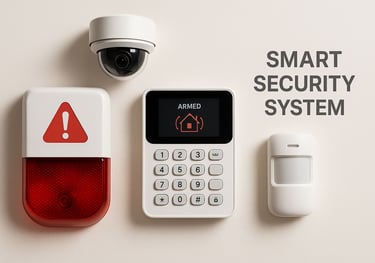

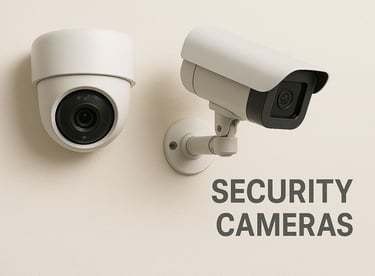

cameras :
Smart Security System:
One of the most important components of the system is the eye through which movements can be recorded. Therefore, it must be installed at the correct angle to gain full benefit.
The first line of defense is the shield that protects the building when it senses movement, broken glass, the opening of a door that is supposed to be closed, or a gas or water leak.
how we work
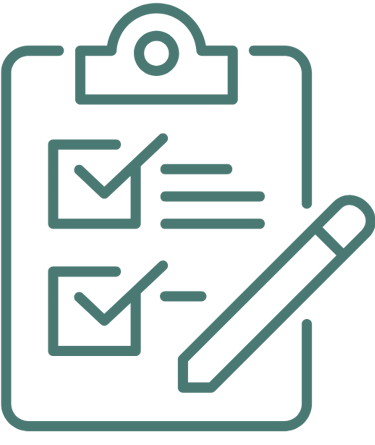

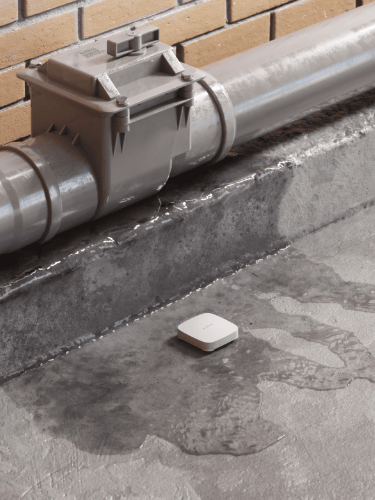

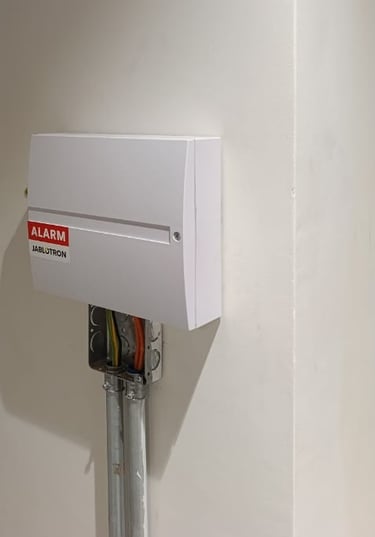

the first
Visit the site to determine requirements
secondly
Create a design based on the dimensions covered by the sensors in the place.
third
Supervision during preparations, then installation and programming
the end
Programming, testing and system explanation
If there is an additional step or another step is discovered, it will certainly be added.
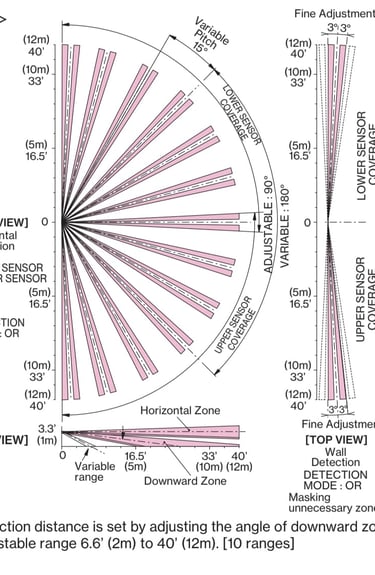

The most common mistakes
the common Home Security system mistakes:
❌ 1. Relying solely on cameras without an alarm system
Many people install surveillance cameras thinking they are enough, but without motion or sound alarms, no one gets alerted during a break-in.
❌ 2. Installing cameras in the wrong locations
Cameras placed too high or missing coverage of doors and windows lose their effectiveness for monitoring and documentation.
❌ 3. Not securing the internet network
Most security systems depend on internet connectivity. Using a poorly protected router or a weak password makes the system vulnerable to hacking.
❌ 4. Using non-original or cheap devices
Using low-quality commercial cameras or sensors leads to poor performance, delayed alerts, or system failure during critical moments.
❌ 5. Neglecting system maintenance and software updates
Failing to update the system leaves it exposed to security vulnerabilities. Some components also need regular maintenance to ensure proper functionality.
❌ 6. Depending only on electricity without backup batteries
In the event of a power outage, the system may shut down if it doesn’t include backup batteries or an uninterruptible power supply (UPS).
❌ 7. Installing the system without assessing the site’s needs
A security system must be tailored to the size, layout, and number of entrances/exits in a home—not installed randomly or using a one-size-fits-all solution.
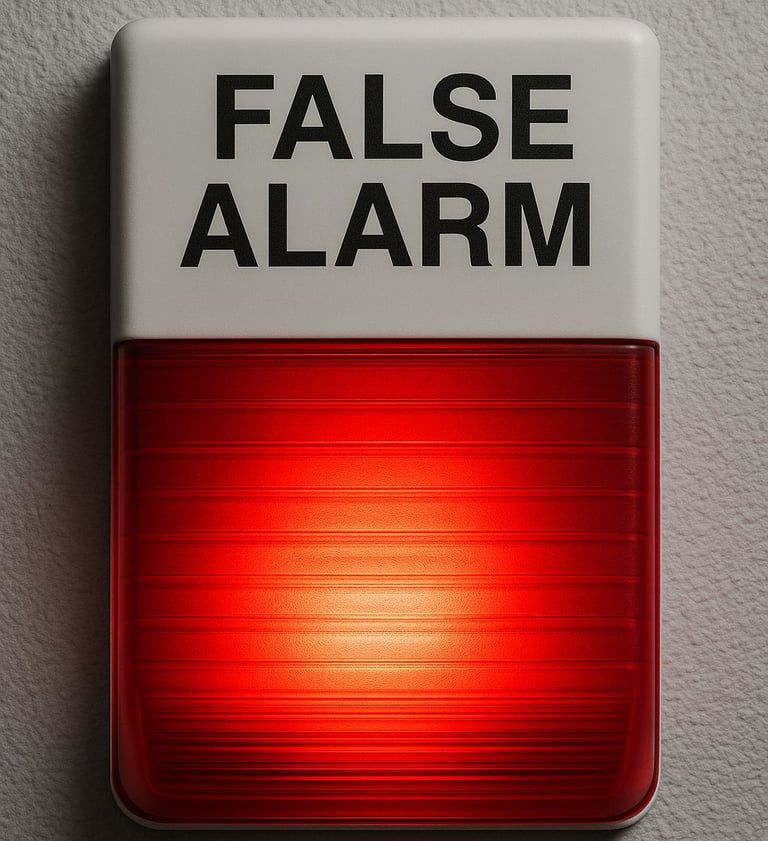

Innovation
Enhancing life with smart automation solutions.
Contact us
info@automyiz.com
01155056605
© 2025. All rights reserved.
207 Saad Ibn Abaduh Street, Seventh District, 6th of October City, Giza, Egypt
